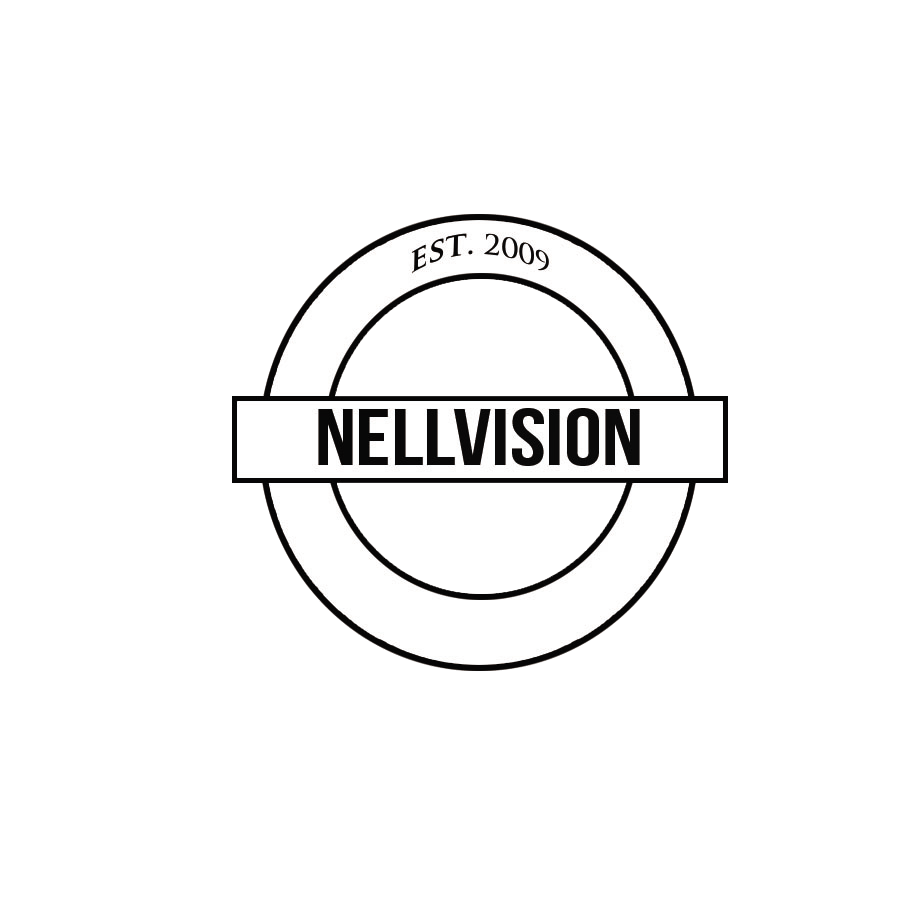Credit matters, especially given the current economic circumstances the world is facing. Credit lenders have been on edge since the COVID 19 pandemic began in early 2020. There have been instances of credit card issuers cutting credit limits and closing accounts without warning according to CNBC. With all that is going on with the economy, I still hear comments from people devaluing the importance of having a good credit score. I have a alternative view of their perspective.
Credit is a form of financial insurance
Insurance is often a necessity to have in order to do things such as drive a vehicle or home insurance if you have a loan through a mortgage lender. Insurance serves as a backup plan just in case things hit the fan with your vehicle or home. Other insurance policies such as life, health, dental, and even phone insurance are insurances that aren’t requirements by law, but many people still purchase plans in order to have backup.
Credit is a good plan B option
I view good credit as insurance. The more knowledge I gained regarding personal finance made me realize that credit is a tool and a good plan B financial option. People tend to bad talk credit, because they believe cash is the end all be all. However, what if you have savings and a good credit score? That’s a bonus. That should be the goal. By having a savings as your Plan A and good credit as your Plan B, you can breathe a little easier knowing if things hit the fan you have an emergency fund and a potential line of credit to back you up.
Use your savings or your credit?
Let’s say you have $20,000 in savings, and you run into a repair issue with your home that’s not covered by home insurance. The cost of the repair totals up to $18,000. Will you use majority of your savings to make the repair? Or, would you keep your $20,000 in savings and use your credit score to secure a loan to pay for the repair? Some people may choose the former, while others will choose the latter. Having good credit provides you with both options. Without good credit, you more than likely only have the former option. Let’s say you chose the former option to spend $18,000 of your $20,000 in savings on the repair. What happens if you run into another emergency issue that requires you to spend another three to five thousand dollars? Your $2,000 in savings won’t cover it.
Credit matters
The experiences I’ve had with credit have provided major financial lessons. It has taught me how to manage my personal finances, and also budget. I believe having a financial plan B option should be a necessity. Credit can be your financial insurance similar to vehicle and home insurance. If you believe cash is everything, you can still use a good insurance plan B by having good credit.
For more information on credit scoring and the concept of credit, check out my book Strategies to Master credit (Here).
Darnell R. McKinnon
